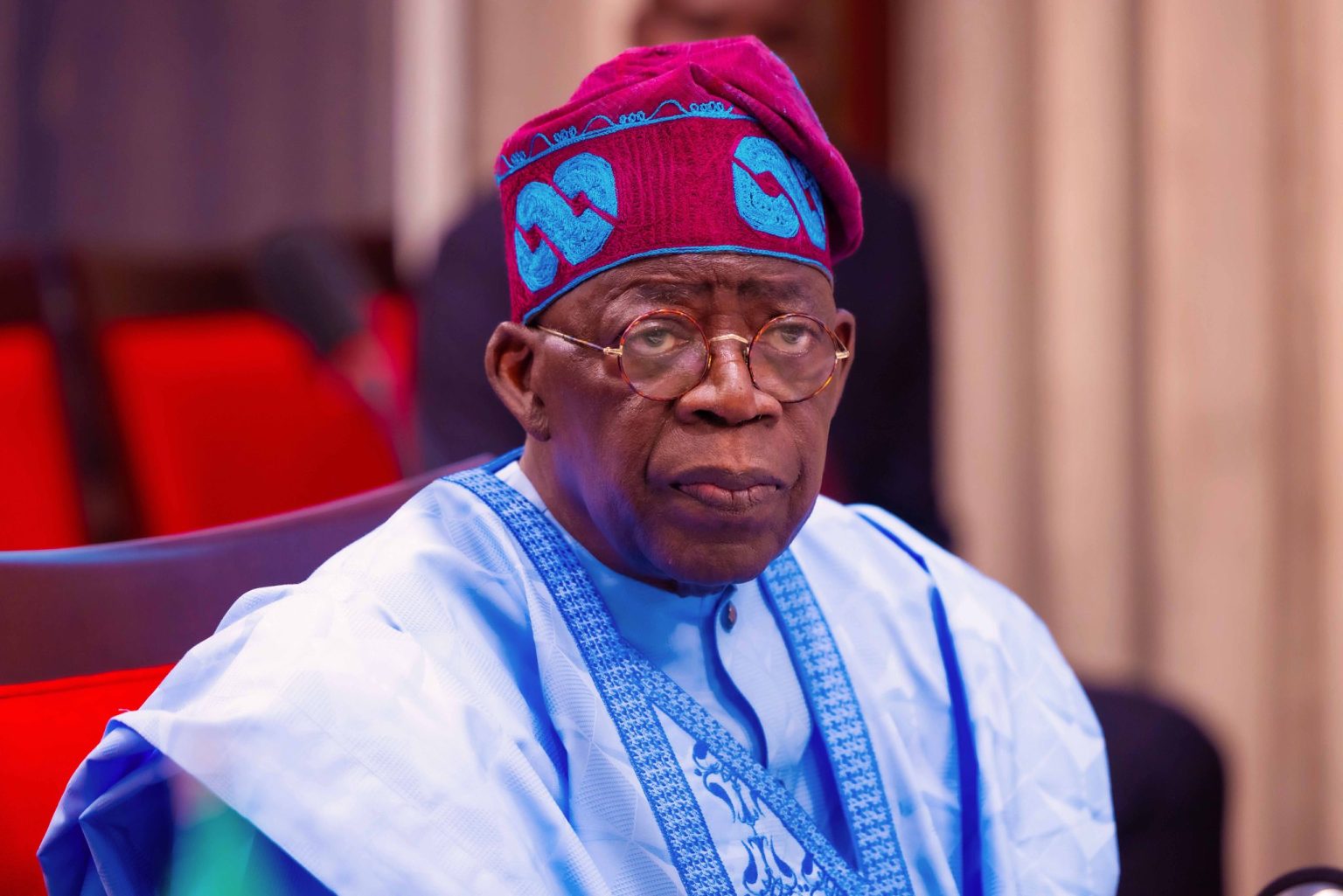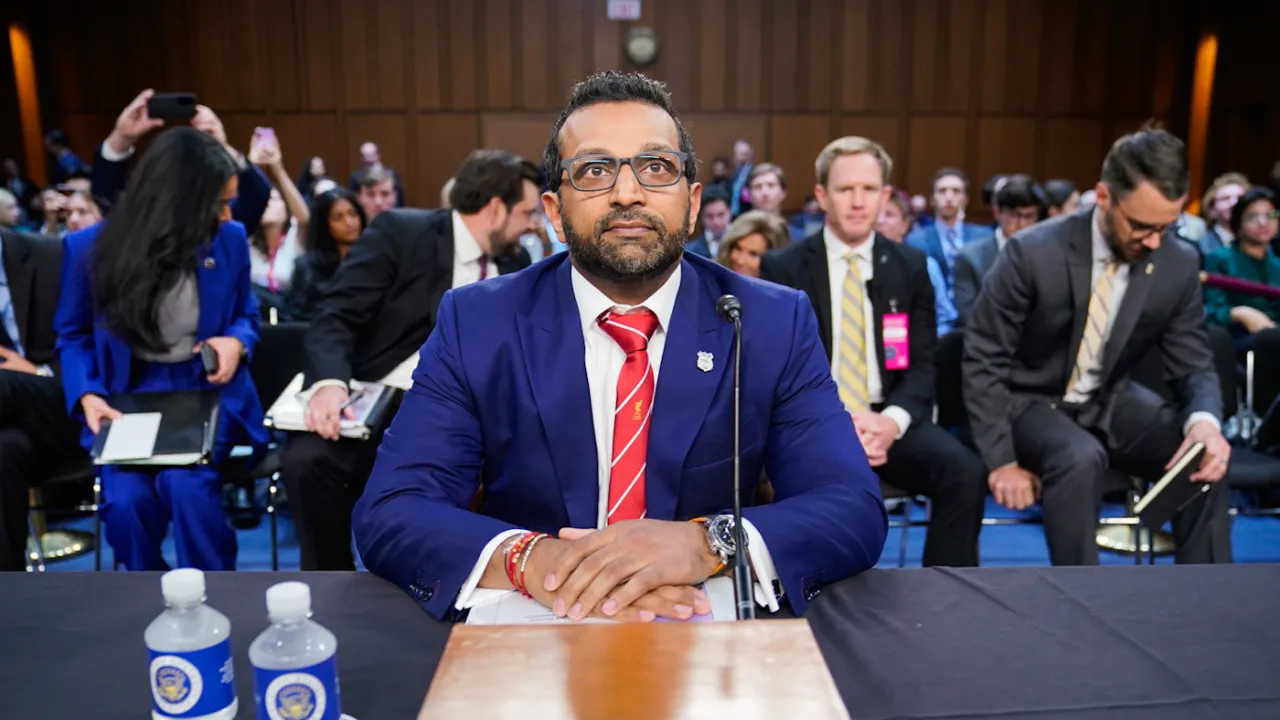Nigerian Federal Government salary review 2025
The Revenue Mobilisation Allocation and Fiscal Commission (RMAFC) has revealed intentions to reassess the earnings of Nigeria’s political officeholders. The Commission emphasized that current pay levels are woefully inadequate, outdated, and unrealistic given the mounting responsibilities and growing economic pressures.
During a press briefing in Abuja on Monday, RMAFC Chairman Mohammed Shehu disclosed that President Bola Tinubu receives a monthly salary of approximately ₦1.5 million, while federal ministers earn less than ₦1 million. Remarkably, these figures have remained unchanged since 2008—a glaring anomaly in a rapidly evolving economic landscape.
Shehu Goes on Criticizing Pay Scale Imbalance
“You’re paying the President of the Federal Republic of Nigeria ₦1.5 million monthly, with a population exceeding 200 million people. It’s no surprise that many view it as a joke,” Shehu remarked.
He also criticized the disparity in pay scales: Central Bank governors and agency heads earn many times more than the President or the Attorney‑General of the Federation. “You can’t expect ministers to perform their duties effectively on a salary that hasn’t budged in nearly two decades… Yet, we pay some officials ten to twenty times more—that’s fundamentally unjust.”
However, the Nigeria Labour Congress (NLC) swiftly pushed back against any proposed salary increases for politicians. In their view, the proposal fails to account for the widening inequality and already generous but undisclosed allowances that swell the true earnings of public officials. A senior NLC source, speaking anonymously, stressed that while the President’s official take-home may be ₦1.5 million, “actual compensation—once hidden perks like medical, housing, travel, security, and communications are added—can exceed ₦100 million.”
Commission Clarifies Salary Scope
Shehu clarified that RMAFC’s constitutional mandate is limited: it can only set remuneration levels for political, judicial, and legislative officeholders—not for civil servants. “We’re solely responsible for politicians, governors, senators, ministers, and directors-general. Salary adjustments for other public servants, including minimum wage, are outside our remit.” Despite resistance to pay revisions, he urged public support for establishing “realistic, balanced salaries reflecting the gravity of public office.”
Beyond compensation, the RMAFC is also embarking on a long-overdue revision of Nigeria’s vertical revenue-sharing formula—the model used to distribute federal revenues among the federal, state, and local tiers. The current split, unchanged since 1992, stands at 52.68% to the Federal Government, 26.72% to states, and 20.60% to local governments. Additional allocations include 4.18% earmarked for special funds: 1% each for the Federal Capital Territory and ecological fund, 1.68% for natural resource development, and 0.5% for stabilization.
This Review is Driven by Nigeria’s New Socio-economic and Fiscal Realities
Shehu stressed that this review is driven by Nigeria’s new socio-economic and fiscal realities. Recent constitutional amendments have intensified the financial burdens of state governments. Thus, revisiting how revenue is apportioned is not only fair but essential for enabling states to sustain themselves and drive localized economic growth. The ultimate aim is a more equitable, efficient, and sustainable fiscal federalism.
He recalled a previous effort in 2022 under former chairman Elias Mbam, which proposed a revised formula: 45.17% to the Federal Government, 29.79% to states, and 21.04% to local governments. Unfortunately, the Buhari administration did not adopt it.
The current revenue-sharing debate traces back decades; attempts to reform it faltered due to political resistance, with the fear of the federal government losing its dominant share. In 2013, RMAFC conducted extensive consultations, culminating in a draft submitted to then-President Goodluck Jonathan—but it was never formally laid before the National Assembly. When President Buhari assumed office in 2015, the document was also quietly sidelined.
Now, under Chairman Shehu, the commission promises an “inclusive, data-driven, and transparent” review process. Stakeholder outreach will involve the Presidency, National Assembly, state governors, ALGON, judiciary, civil society, private sector, and development partners. Notably, a new law passed in April 2025 has granted the Commission financial independence for the first time, empowering this effort.
NLC Lays Emphasis on Inequality
During the briefing, NLC reiterated its concerns over inequality. Inflation remains high—though easing—hovering at around 21.88% in July 2025, down slightly from 22.22% in June. Food inflation still lingers near 22.74%, compared to nearly 40% a year earlier. Meanwhile, civil servants and academics earn a pittance—in many cases, far less than the astronomical hidden compensations racked up by legislators or ministers. The labor union argues that luxury expenditures by political leaders—such as foreign trips or medical benefits—should be redirected toward strengthening hospitals, schools, and job creation.
Adding his voice, Finance & Capital Markets professor Uche Uwaleke advocated for earmarking new funds for capital development—such as infrastructure—and urged the commission to revisit the inter-state (horizontal) allocation formula. He suggested shifting emphasis away from population weightings toward social development investments in health and education. Uwaleke also recommended benchmarking Nigeria’s fiscal model against those of federal countries like Canada, Brazil, and India, to align with global best practices.



https://shorturl.fm/Lb06j